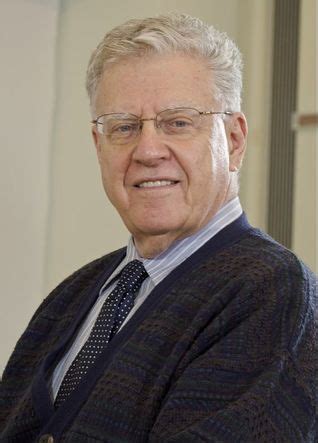A Quote by Claude Bernard
I do not ... reject the use of statistics in medicine, but I condemn not trying to get beyond them and believing in statistics as the foundation of medical science. ... Statistics ... apply only to cases in which the cause of the facts observed is still [uncertain or] indeterminate. ... There will always be some indeterminism ... in all the sciences, and more in medicine than in any other. But man's intellectual conquest consists in lessening and driving back indeterminism in proportion as he gains ground for determinism by the help of the experimental method.
Quote Topics
Always
Any
Apply
Back
Believing
Beyond
Cases
Cause
Condemn
Conquest
Consists
Determinism
Driving
Experimental
Facts
Foundation
Gains
Get
Ground
Help
Intellectual
Man
Medical
Medical Science
Medicine
Method
More
Observed
Only
Other
Proportion
Reject
Science
Sciences
Some
Statistics
Still
Than
Them
Trying
Uncertain
Use
Which
Will
Related Quotes
As soon as the circumstances of an experiment are well known, we stop gathering statistics. ... The effect will occur always without exception, because the cause of the phenomena is accurately defined. Only when a phenomenon includes conditions as yet undefined,Only when a phenomenon includes conditions as yet undefined, can we compile statistics. ... we must learn therefore that we compile statistics only when we cannot possibly help it; for in my opinion, statistics can never yield scientific truth.
But the indeterminate future is somehow one in which probability and statistics are the dominant modality for making sense of the world. Bell curves and random walks define what the future is going to look like. The standard pedagogical argument is that high schools should get rid of calculus and replace it with statistics, which is really important and actually useful. There has been a powerful shift toward the idea that statistical ways of thinking are going to drive the future.
If the statistics are right, the Jews constitute but one percent of the human race. It suggests a nebulous dim puff of star dust lost in the blaze of the Milky Way. Properly the Jew ought hardly to be heard of, but he is heard of, has always been heard of. He is as prominent on the planet as any other people, and his commercial importance is extravagantly out of proportion to the smallness of his bulk. His contributions to the world's list of great names in literature, science, art, music, finance, medicine, and abstruse learning are also away out of proportion to the weakness of his numbers.

































